Many of us think of bees as pests, I am one of those people for sure. When we think of bees we think of thousands of bees in a swarm surrounding the queen (I like to think of her dressed in the finest of clothes, crown and all) in a type of elaborate monarchy which may rival that of 18th-century Europe.
Regardless if we believe that an actual bee-monarchy actually exists, we cannot forget to acknowledge all the wonderful products that bees provide us with. Some of us may think of the delicious syrup that honeybees produce: honey.
#SpoonTip: upgrade your average popcorn with this sweet-n-salty 4-ingredient honey butter sea salt popcorn.
Perhaps you use their waxes in your lotions, their jelly in your lip balms, or their pollen as a supplement to combat your allergies and overall improve your health.
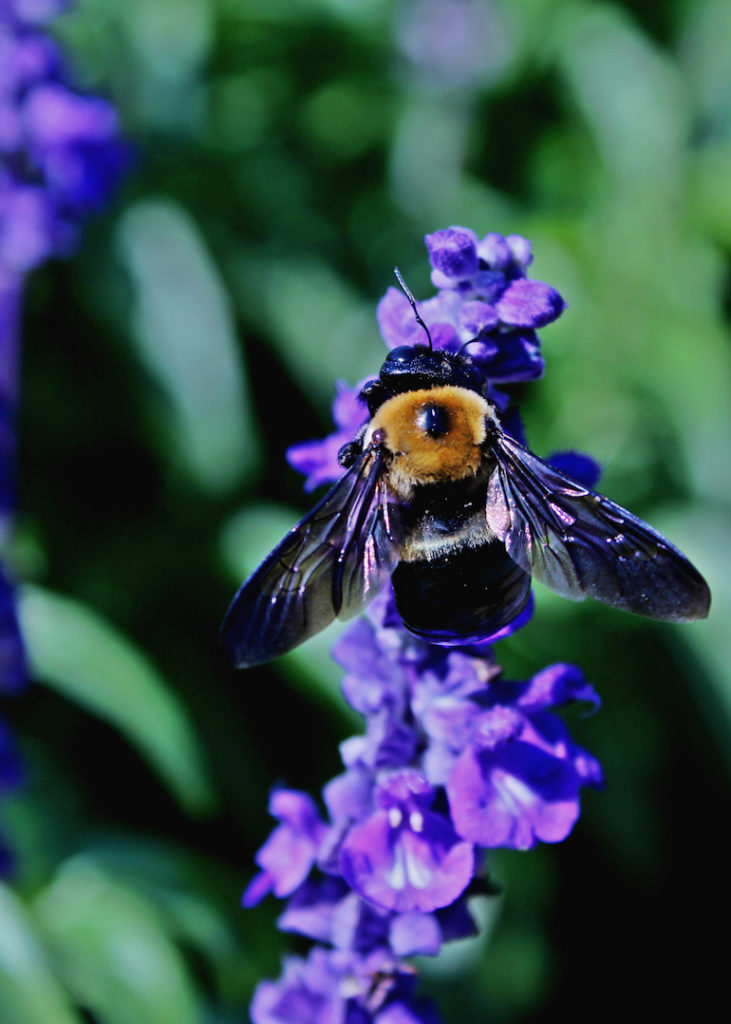
Photo courtesy of Cassandra Bauer
Bees are without a doubt, extremely important as they produce many products that we enjoy every day. Looking beyond that, bees are critical in our ecosystem. They are responsible for pollinating roughly about 1/6th of the plants in the world.
As you probably learned in your high school biology class, plants need to pollinate in order to reproduce and survive. Without bees, plants would have a hard time reproducing. A report from Michigan State University states that bees are responsible for one out of every three bites we eat. Seventy out of the top 100 human food crops, which accounts for approximately 90 percent of the world’s nutrition, are pollinated by bees.
Jessa Kay Cruz, a conservation specialist at the Xerces Society, stresses this importance by saying, ““If we take bees out of our food system, so many of the foods that we rely on for nutrition will start to disappear out of our diet.” Though, this symbiotic relationship isn’t important for just humans and bees, but bees and all types of animals. Like humans, animals also rely on plants for nutrition and other animals that eat those plants. It’s a chain reaction.
Farmers rely heavily on wild bees to pollinate their crops. Without the wild bees farmers would have to rely heavily on a domesticated colony of bees, which as you can guess, is rather expensive and less productive. This means lower crop yields and higher food prices, so you better have an extra few bucks at the grocery store.
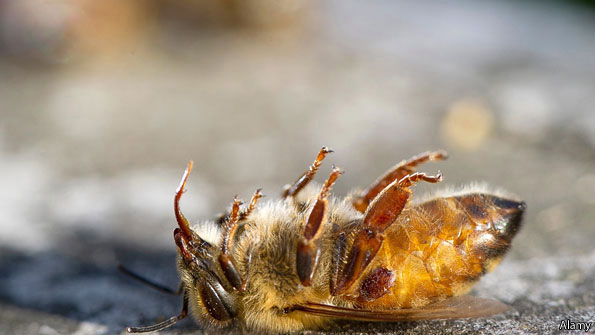
Photo courtesy of static-economist.com
Unfortunately, the United States bee population is in decline. In fact, since 2006, there has been a 40% loss in the US bee population. The University of Vermont conducted a study which identified 139 counties which are deemed as “hot spots” where the bee population is more rapidly declining. Nearly 39% of United States cropland falls within these “hot spots”.
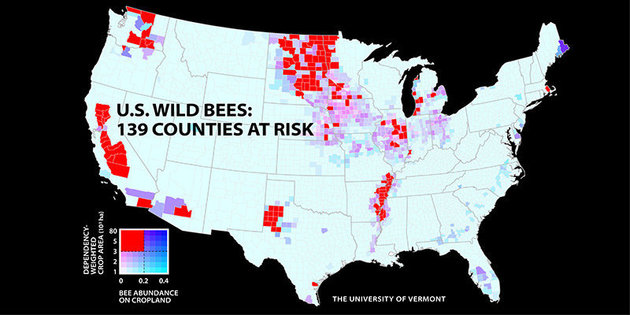
Photo courtesy of University of Vermont
This dramatic decline is contributed to many causes, primarily the increase in industrial agriculture and insecticide usage. Some insecticides and herbicides, actually affect the pollen (protein) and nectar (carbohydrates) of the plants, which can offset the diet of the bees.
Think of it this way: bees are just like us, in order to be healthy, they need to eat a well-balanced diet. As humans, we have the ability to differentiate what’s healthy to eat and what’s not – bees aren’t aware that their surroundings are poisoned.
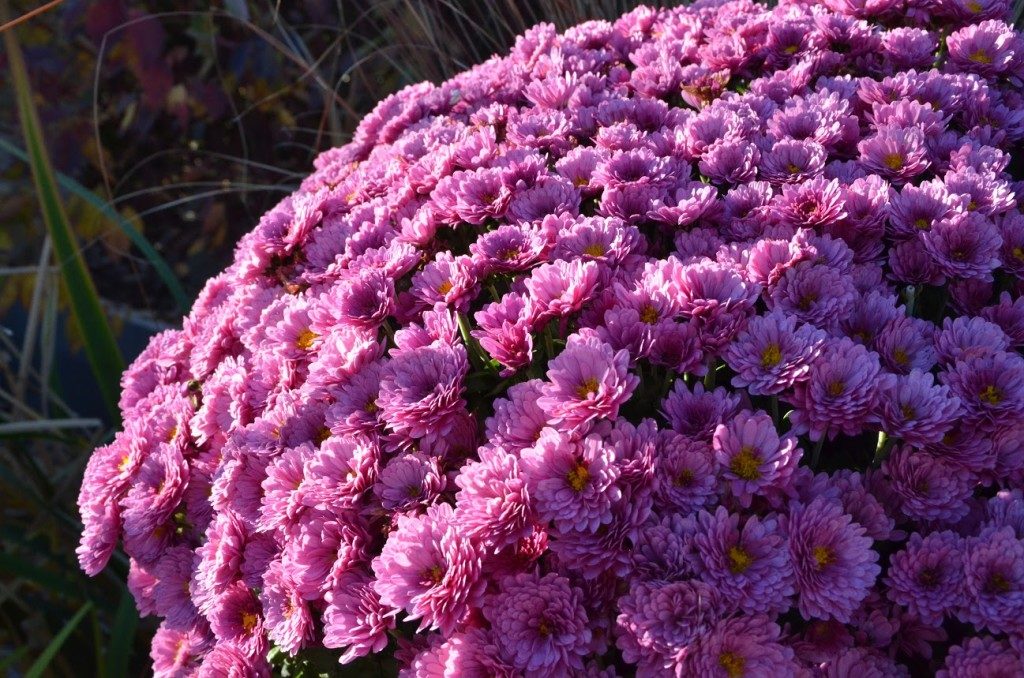
Photo courtesy of Carly Gulasarian
But what can we do to combat the declining bee population? Many agricultural companies are beginning to ask themselves that question. General Mills announced that by 2020 Honey Nut Cheerios will host 3,300 total acres of dedicated pollinator habitats across 60,000 acres of land. Many conservationists argue that by planting flowers that are native to your area, you will be providing bees with a pollinator habitat. (Don’t know what wildflowers are native to your area? The Xerces Society has a great list).
But if planting isn’t really your thing there are many other ways you can help the cause. You can also practice pesticide-free gardening methods to ensure that the bees are receiving the diet that they truly deserve. Or you can sign this petition, which already has over half of a million signatures (wow!).
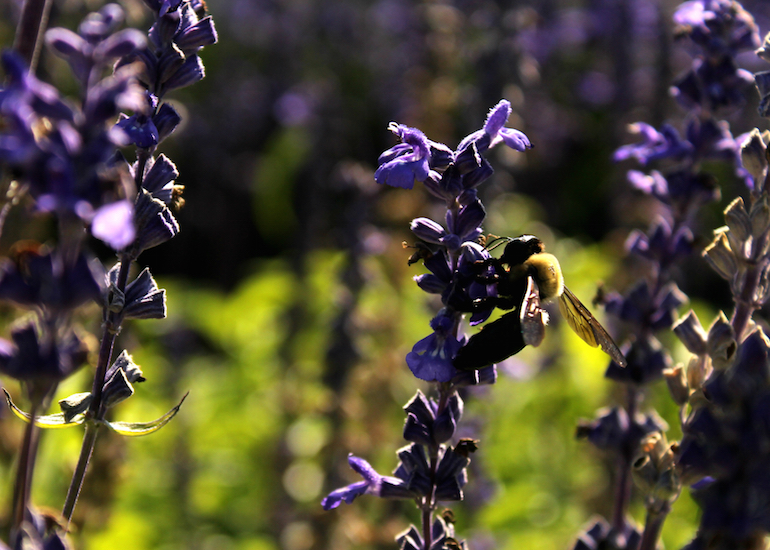
Photo courtesy of Cassandra Bauer
Now, I’m not saying to love bees or hate them, your opinion of bees is entirely up to you. (Frankly, I’m still petrified of them). But it goes without argument that bees are crucial to our ecosystem, as well as our health and we need to stand together to fight this environmental issue.


